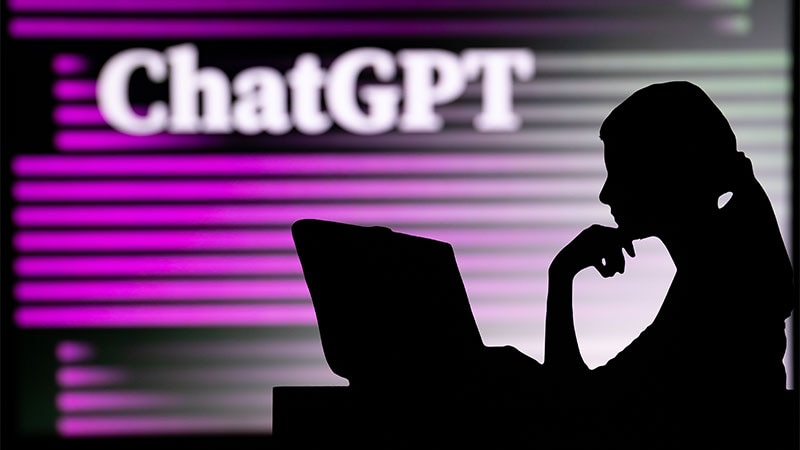Core Concepts
ChatGPT can assist in diabetes education but requires human oversight for accuracy and safety.
Abstract
The content discusses the role of ChatGPT, an AI tool, in providing information on diabetes care. Researchers found that while ChatGPT can generate accurate responses, it may contain inaccuracies and require additional prompts. The tool is not trained on medical databases, leading to potential factual inaccuracies and safety concerns. Despite its limitations, ChatGPT could help offload basic diabetes education tasks. The study aims to raise awareness among clinicians and educators about the strengths and limitations of using AI tools like ChatGPT in patient education.
Customize Summary
Rewrite with AI
Generate Citations
Translate Source
To Another Language
Generate MindMap
from source content
Visit Source
www.medscape.com
Can ChatGPT Replace Diabetes Educators? Perhaps Not Yet
Stats
ChatGPT is trained on a general, not medical, database.
ChatGPT's information dates from before 2021.
ChatGPT may contain potential factual inaccuracies.
ChatGPT is not designed to deliver objective and accurate information.
ChatGPT may require additional prompts for generating instructions.
Quotes
"One strength of the methodology used to develop these models is that there is reinforcement learning from humans." - Gerald Gui Ren Sng
"In a field like diabetes care or medicine in general, where acceptable allowances for errors are low, content generated via this tool should still be vetted by a human with actual subject matter knowledge." - Gerald Gui Ren Sng
Key Insights Distilled From
by Liam Davenpo... at www.medscape.com 04-03-2023
https://www.medscape.com/viewarticle/990381
Deeper Inquiries
How can healthcare providers effectively balance the use of AI tools like ChatGPT with human oversight in patient education?
Healthcare providers can effectively balance the use of AI tools like ChatGPT with human oversight in patient education by incorporating these tools as supplementary resources rather than primary sources of information. While AI tools can provide quick and easily accessible responses to common questions, they may lack the nuance and accuracy required in complex medical scenarios. Therefore, healthcare providers should use AI tools to enhance patient education by providing general information and basic guidance, but always ensure that the information is vetted by a human with subject matter expertise. Human oversight is crucial in correcting inaccuracies, providing context-specific advice, and addressing individual patient needs that AI tools may not be able to cater to effectively.
What are the potential risks of relying solely on AI tools for medical information dissemination?
Relying solely on AI tools for medical information dissemination poses several potential risks. One of the primary concerns is the lack of nuance and context-specific understanding that AI tools like ChatGPT may exhibit. These tools are trained on general databases and may not have access to the most up-to-date medical information, leading to inaccuracies in responses. Moreover, AI tools can be prone to "hallucination," where inaccurate information is presented convincingly, posing a safety concern for patients who rely on this information for medical decision-making. Without human oversight, there is a risk of patients receiving incorrect or misleading information, which can have detrimental effects on their health outcomes. Additionally, the impersonal nature of AI tools may lead to a lack of empathy and personalized care that is essential in healthcare interactions.
How can the healthcare industry adapt to the increasing use of AI tools like ChatGPT in patient interactions?
The healthcare industry can adapt to the increasing use of AI tools like ChatGPT in patient interactions by implementing clear guidelines and protocols for their use. Healthcare providers should be trained on how to effectively integrate AI tools into patient education and interactions, emphasizing the importance of human oversight and validation of information provided by these tools. Additionally, healthcare organizations can invest in developing AI tools specifically tailored for medical applications, ensuring that they are trained on up-to-date medical databases and continuously validated by healthcare professionals. Collaborative efforts between AI developers, healthcare providers, and regulatory bodies can help establish standards for the ethical and safe use of AI tools in healthcare. By embracing AI tools as complementary resources rather than replacements for human expertise, the healthcare industry can leverage the benefits of technology while upholding the quality and integrity of patient care.
0
